Summer is winding down and if you are lucky, you got to spend some time at a family vacation home. How do you make sure your children and grandchildren can enjoy that second home as much as you did?
The question for owners of vacation homes in planning their estates is the vision they have for the property. Do you see the property as binding the family together for generations to come as they continue to vacation together? Or are you more concerned about the issue of equity, in that some children are unlikely to ever use the property while others may use it heavily? There is no wrong answer—it’s just a question of your values and goals.
One option for passing on a vacation home is to leave it to your children in your will. The problem with this is that if the children own the house equally as joint tenants or tenants in common and if one sibling wants to sell, that sibling can demand to be bought out. If the other siblings can’t come up with the money to buy out the sibling, the sibling who wants out can force the sale of the house.
Before you decide to leave your vacation house to your children outright, you should have a discussion with your family to find out whether all the children actually want the house. If they do, you should discuss who will be responsible for maintenance and property taxes, and who has the right to use the property, among other issues. Putting a plan in writing can help prevent or resolve disputes down the road. The plan can also include a buyout option if any heirs decide they no longer want to own the property. The buyout price can be less than if the property is sold to a third party and payment terms can extend over several years.
Rather than giving the property to your children outright, you can also put it in a trust or a Limited Liability Company (LLC). LLCs have become a popular estate planning tool for vacation homes. Using an LLC allows parents to transfer interest in the LLC to their children while still retaining control. Parents can use the annual gift tax exclusion to slowly gift their children additional interest in the LLC each year. The LLC agreement can designate a property manager, provide instructions on maintenance costs and property taxes, and include buyout options. Property in an LLC is also protected from creditors.
Still another option is to put property into a qualified personal residence trust (QPRT). A QPRT allows the parents to live in the home for a certain number of years and at the end of the term, the children own the home. The main purpose of a QPRT is to reduce taxes on property, but QPRTs are tricky and must be set up just right or there will be no tax savings.
To determine the best way to protect your vacation home and how to best include the property under your estate plan, give us a call.


